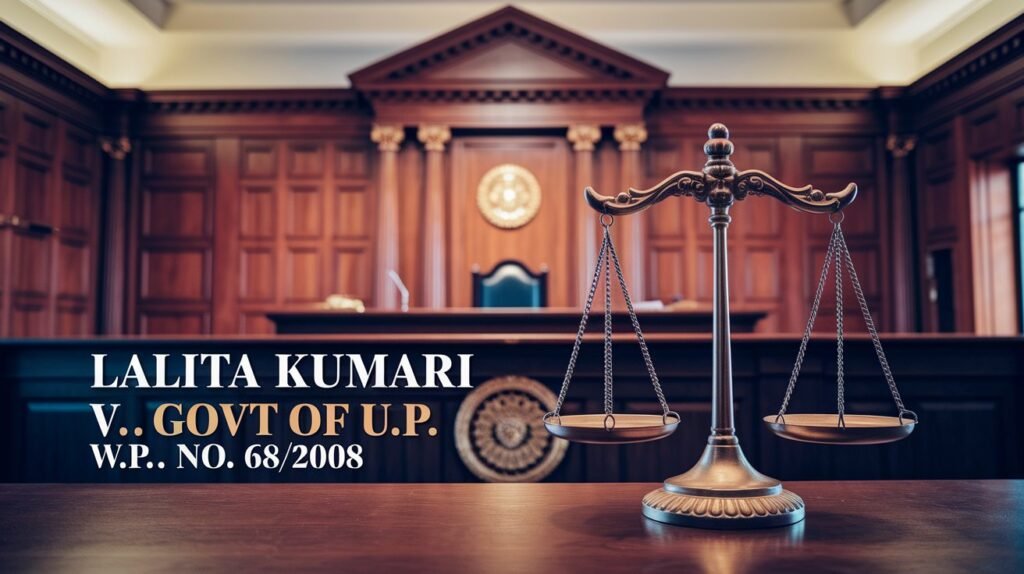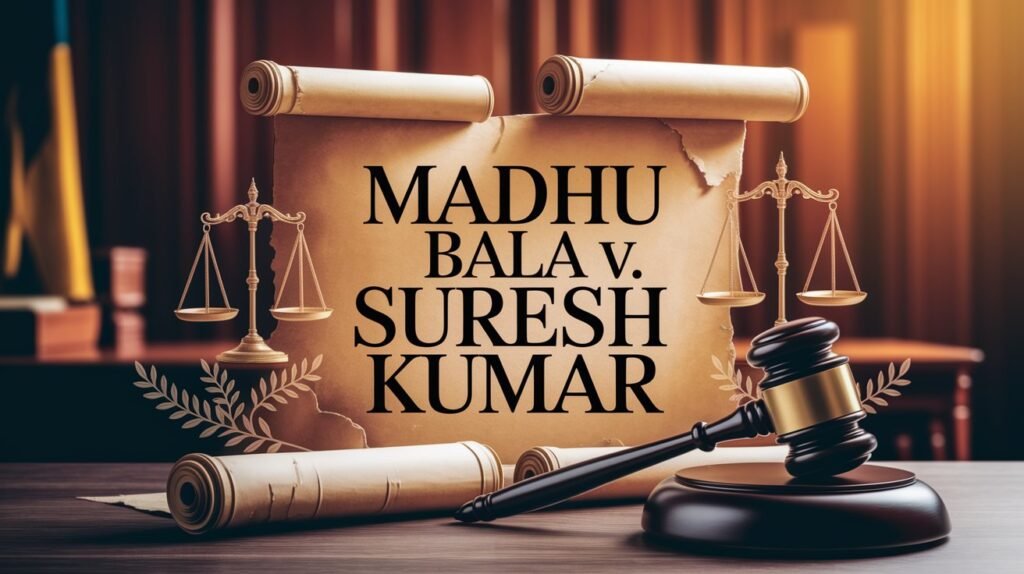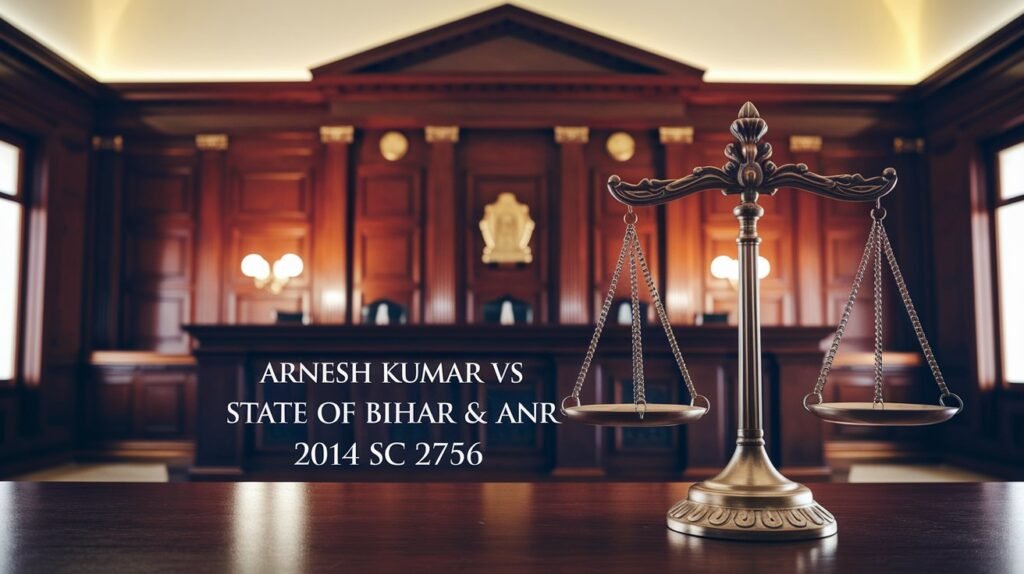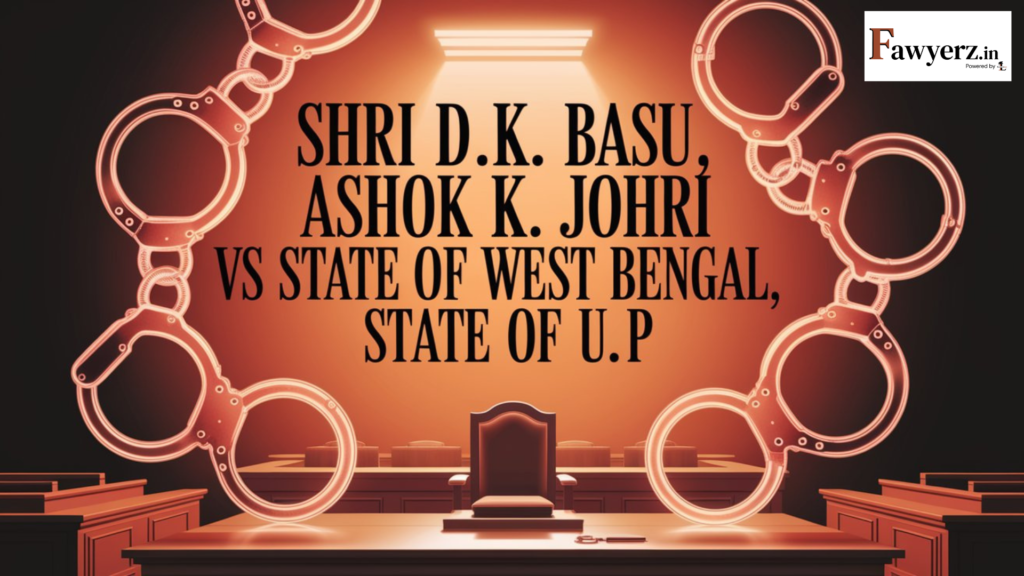State of Haryana v. Bhajan Lal 1992 (Case Summary)
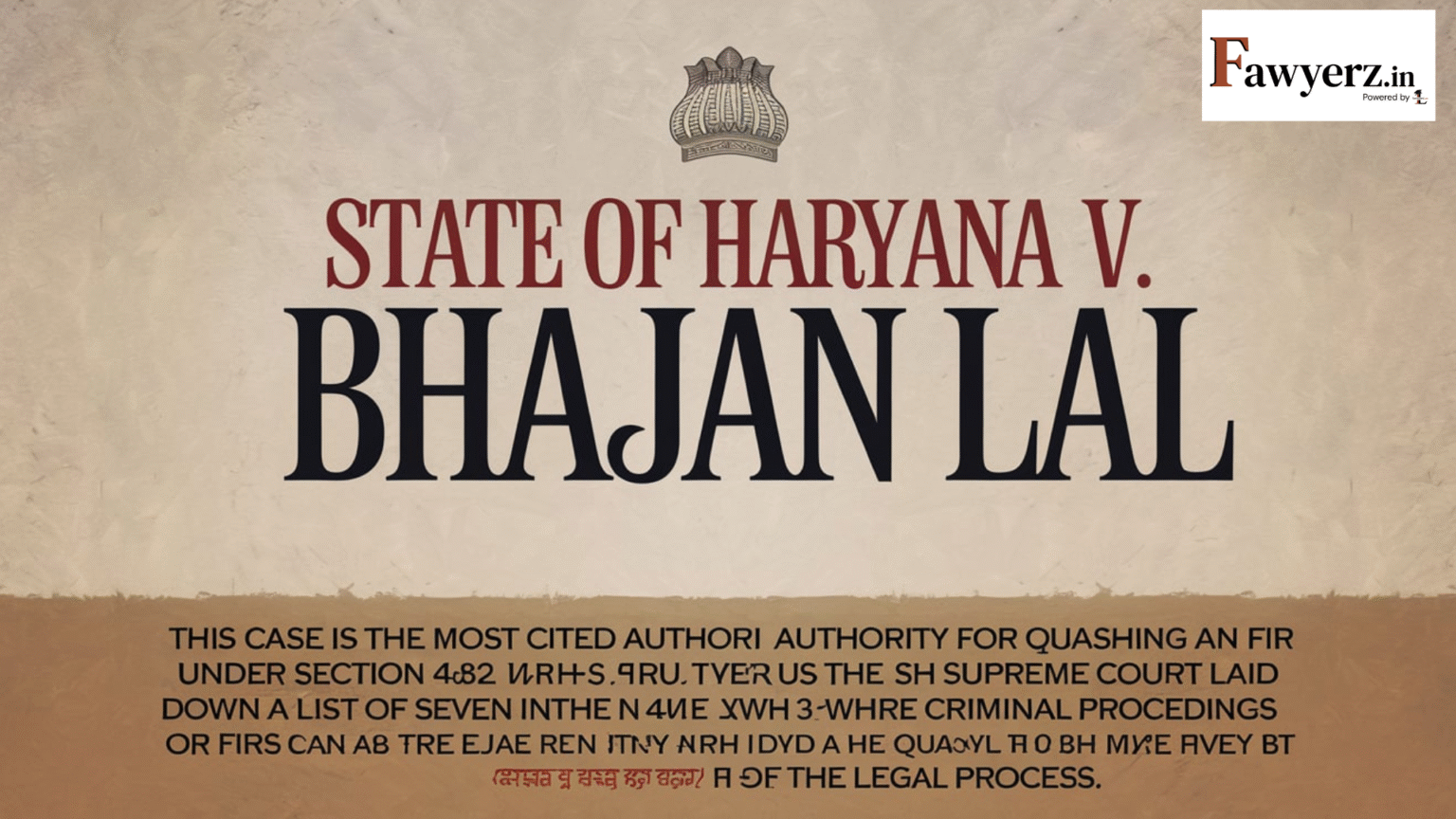
This case is the most cited authority for quashing an FIR under Section 482 CrPC. The Supreme Court laid down a list of seven categories of cases where criminal proceedings or FIRs can be quashed at the very initial stage if they are found to be an abuse of the legal process.
Table of Contents
ToggleFacts of State of Haryana v. Bhajan Lal
- Bhajan Lal, who was then the Chief Minister of Haryana, was named in an FIR alleging corruption and abuse of power.
- The complaint claimed that he used his position to accumulate wealth in his family members’ names disproportionate to their known sources of income.
- Bhajan Lal approached the High Court under Article 226 and Section 482 CrPC, seeking quashing of the FIR.
- The High Court allowed the petition and quashed the FIR, holding that it was politically motivated and lacked a proper legal foundation.
- The State of Haryana appealed to the Supreme Court challenging the High Court’s interference at the FIR stage
Issues framed
- Whether the High Court can quash an FIR or criminal proceedings in exercise of its powers under Section 482 CrPC?
- Whether the allegations in the FIR against Bhajan Lal disclose a prima facie case?
- Whether a set of broad guidelines can be laid down to identify cases fit for quashing?
Subordinate Court Judgment
The Punjab and Haryana High Court quashed the FIR on the ground that the complaint was politically motivated and didn’t disclose a clear offence. The State challenged this order before the Supreme Court.
Judgment of State of Haryana v. Bhajan Lal
The Supreme Court clarified that the power under Section 482 CrPC (now Section 484 BNSS) is very wide and should be used to prevent the abuse of process and to secure justice. However, it must be exercised cautiously and only when the complaint does not disclose any offence or is clearly frivolous, vexatious, or intended to harass the accused.
To guide future cases, the Court listed seven types of situations where quashing of FIR may be appropriate. These included cases where the complaint doesn’t disclose any offence, where the allegations are absurd or improbable, where there is an express legal bar to proceedings, or where the proceeding is clearly an abuse of law. The Court made it clear that these are not exhaustive rules but illustrative categories.
In the final decision, the Court upheld the High Court’s quashing of the FIR against Bhajan Lal. It agreed that the complaint lacked substance and appeared politically motivated. The case is now a foundational precedent on quashing FIRs and is frequently cited whenever Section 482 is invoked to stop an unjust prosecution.


